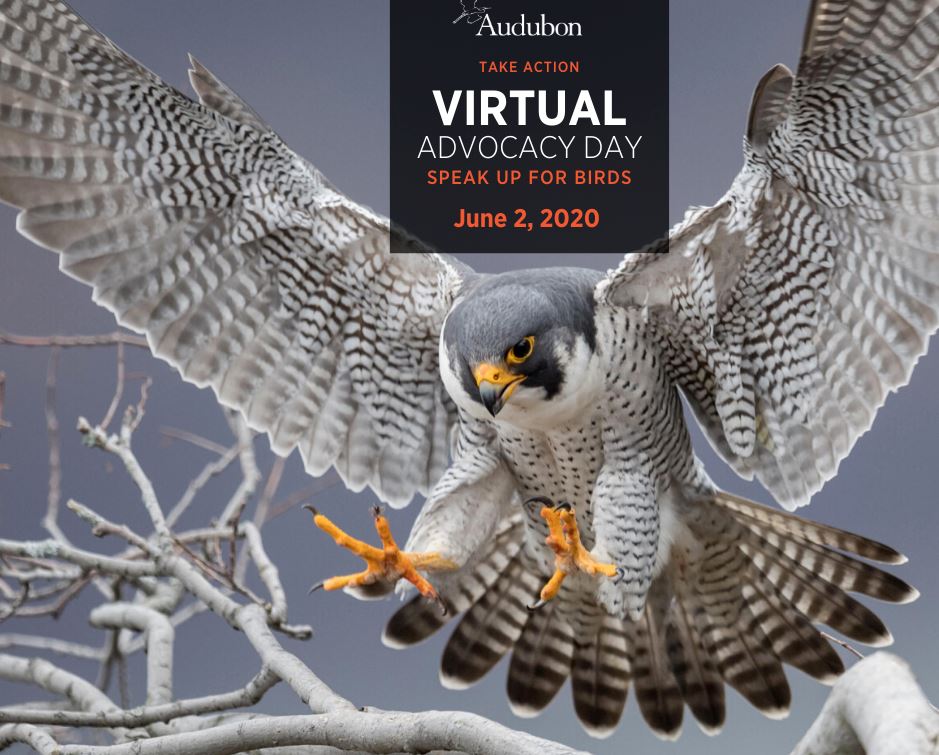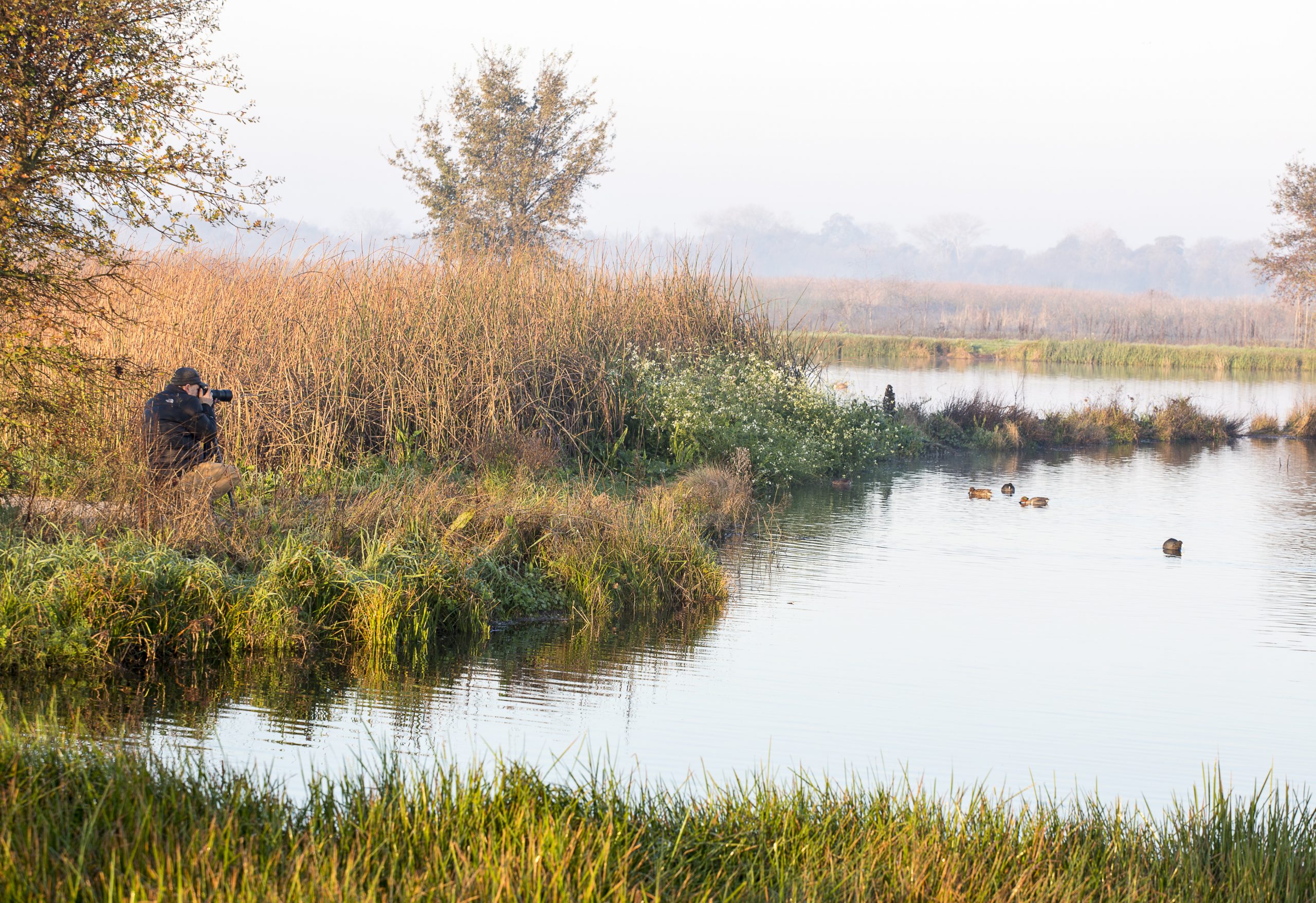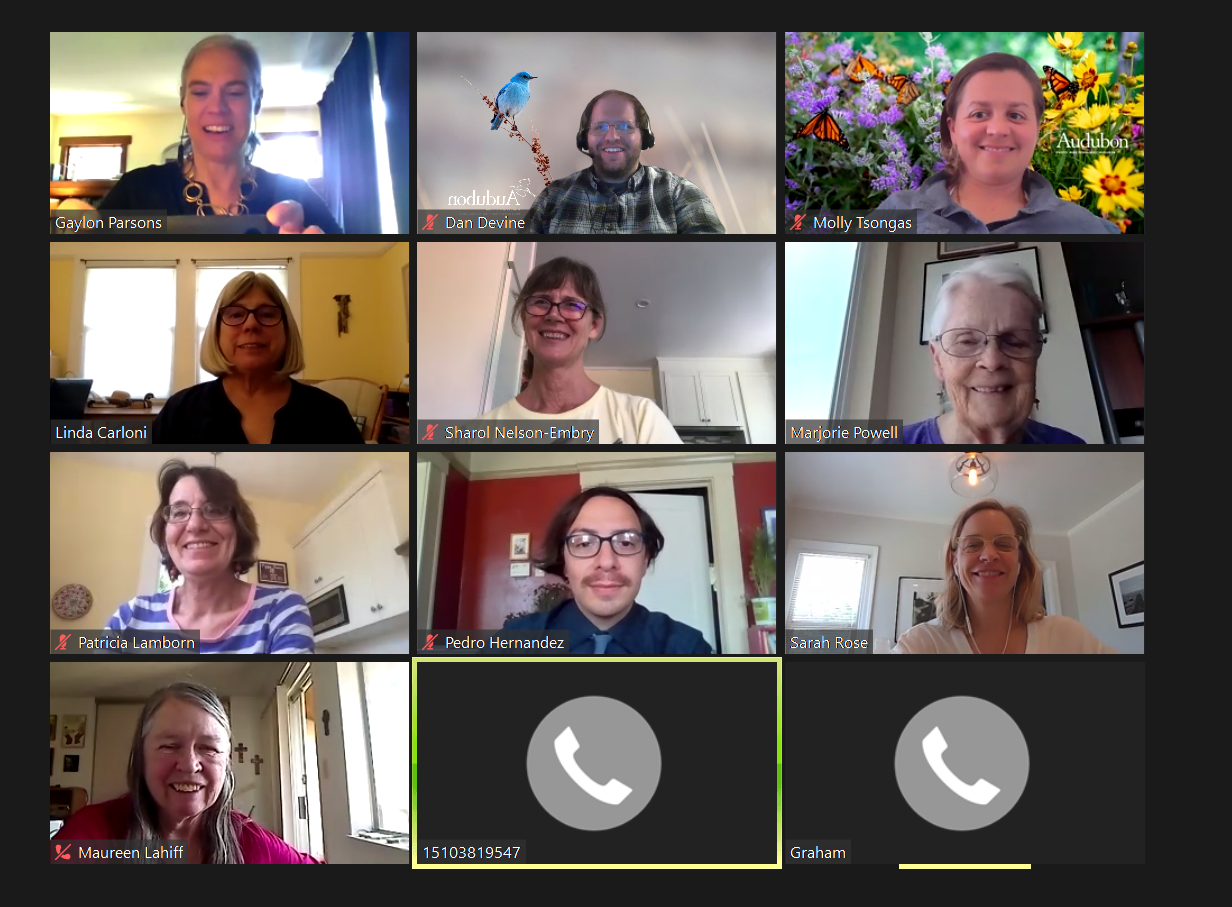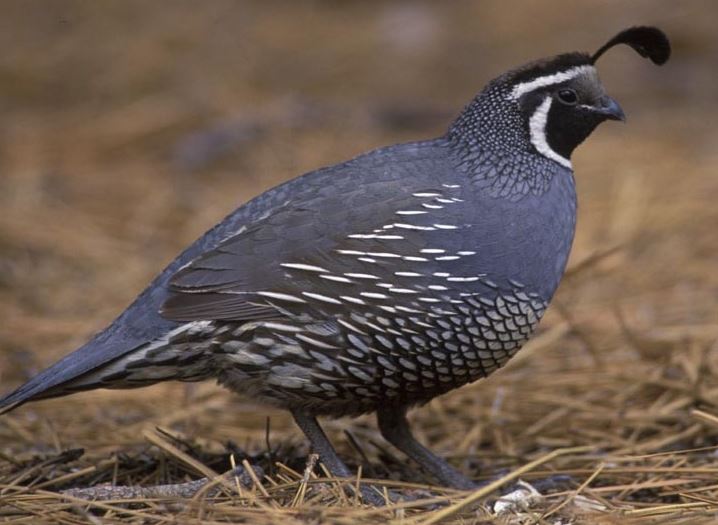Audubon California Advocacy Day Goes Virtual
By Maureen Lahiff
Traditionally, California Advocacy Day has been an in-person event that takes place in Sacramento, California. In a good year, you’ll find a dozen or so GGBA members participating. The day’s activities vary and include briefings with Audubon California staff. Mike Lynes, who is the policy director for Audubon California, had previously served GGBA as Conservation Director, General Counsel and Executive Director. Participants also met with their assembly members and Senators, as well as with other California Audubon staff members. Conversations over lunch with members of other Audubon chapters were a highlight of the day.
In 2019, about 75 Audubon supporters participated in Advocacy Day. This year’s advocacy day took place on June 2nd. One of the highlights was the virtual interactions with with California legislators. Online preparation sessions and advocacy meetings were by Zoom meetings hosted by Audubon California staff members. Most participants reported this online adventure as a good experience. This year, over 350 people registered! That’s quite a jump from 75 attendees. Although I haven’t seen metrics, I strongly suspect that Audubon members from a much wider geographic range were able to participate because of the accessibility of this online format.
So now that you have a little background on Advocacy Day, here’s more information on specific events, followed by some action items you can take with you to expand and promote your own outreach on behalf on the birds we love.

The Prep Webinar Series
Pedro Hernández, Audubon California’s Outreach and Engagement Manager for Climate Policies, coordinated a series of four prep webinars in May. Two of the webinars focused on issues related to talking with elected legislators or their staff members, as well as specific issues to be addressed during the actual Advocacy Day. The other two webinars focused on environmental issues in the Central Valley and along California’s coast.
I attended all four of these webinars. Although there was some repetition, I really enjoyed the series and felt I learned a lot. I’d recommend tuning into prep webinars.
2020 Advocacy Day Priorities
Every year, Audubon Californias’ policy team selects a few key themes and bills. The focus shifted a bit this May, as the magnitude of the state budget situation became clearer.
AB 3030 by Assembly member Ash Kalra of San José makes a commitment to protect 30% of California’s lands and water by 2030. This goal, supported by a range of conservation organizations around the globe, aims at safeguarding biodiversity, slowing extinctions, and contributing to climate stability. The bill does not specify how to get there with a combination of federal, state, and privately held lands. What we do know is California can achieve this goal: we are already at 22% for land and 16% for water.

(Two years ago, Assembly member Kalra was the sponsor of AB 2627, California’s commitment to the Migratory Bird Treaty Act. That bill did not pass, but Kalra persisted. Eventually, AB 454 did pass and was signed into law in 2019.)
AB 2619 by Assembly member Mark Stone, who represents the north central coast (Santa Cruz, Santa Clara and Monterey counties, wrapping around Monterey Bay), aims for coastal resiliency, adaptation to sea level rise, and continued public access. His legislation proposes to use revenues from coastal oil and gas leases in state waters to fund this work.
The third priority developed into a general appeal was to avoid cutting important natural resource programs disproportionally as the legislature deals with the budget crisis brought on by the COVID pandemic.
Addressing Systemic Violence Toward Black-Americans
At the start of every meeting, we spoke about the current situation of sadness and outrage around racism in this country. We also discussed the civil unrest caused by the murder of George Floyd (and the other heinous murders that happened before Mr. Floyd’s). We expressed our commitment to continue to make birding spaces anti-racist; in these conversations, we also highlighted the importance of working to make birding and habitat conservation welcome and accessible to all.
The intersectionality of racism and environmentalism are extremely complex, and there is a lot of work we have to do to truly make birding and conservation equal spaces. Here is a good resource to learn more about this issue.
General Meeting with Assembly Member Kalra
Assembly member Kalra, who truly is one of our legislative heroes, spoke to us by phone, as he was driving home to his district. He appreciates our efforts on behalf of AB 3030, and reminded us that continual contact with our reps in Sacramento is the most effective way to inform policy.
Advocacy with Staff
We held these in Zoom meetings with Gallery view, which enabled most of us to see each other. Some folks, and the legislative aides with whom we met, participated by phone. You can see one of our fun screen captures below (everyone looks fabulous, by the way).

For both of my meetings, I made a commitment to prepare brief remarks on AB 2619. I drew on the prep webinars and talking points sent out a few days before our meetings. This is always a bit last minute, but I felt well-prepared to pare down my points to a few essentials. My Senator is Nancy Skinner. We knew that we were going to be meeting with Michelle Sonico of her staff.
My Assembly member is Rob Bonta. He is a member of the appropriation committee and was in hearings on June 2, so we met with Graham Drake, one of his legislative aides.
In both meetings, all the prepared speakers were succinct and on point. Both legislative aides were receptive to our message and our meeting coordinators promised to send follow-up materials.
Wrap Up: Looking Ahead
At 4 pm, there was a closing large-group event, which we dubbed a “virtual happy hour.” This was set up as a webinar, so there really wasn’t an opportunity to converse, except through the Chat Box. There was also a follow-up survey, an opportunity for comments and suggestions.

While we all hope to be doing this in person next year, this virtual advocacy day was a success!
Here’s What You Can Do
AB 3030 has passed and is now with the Senate Rules Committee, where it awaits assignment to a Senate Committee. AB 2619 is still with the Assembly Appropriations Committee as I write. Please thank your Assembly members if they voted for 3030 (Rob Bonta did) and ask your Senators to support it. Phone calls to speak with staff members or emails through websites are both effective.
Here are some specific recommendations, based on the research of Christina Tarr:
- Please ask legislators to reject baseline cuts to the Department of Fish and Wildlife, which has been repeatedly cut in recent years. With the federal government abandoning bird conservation, the California DFW really needs to hire an expert in avian species.
- Please reject the Habitat Conservation Fund Trailer Bill.
- Please retain $9.6 million for the Department of Water Resources, which is needed to hire 37 positions to support Groundwater Sustainability Agencies in Implementing the Sustainable Groundwater Management Act of 2011. This is not just a natural resources issue, but a real environmental justice issue as draining groundwater in the Central Valley leads to poor water quality for low income communities (often of people of color) living in the Central Valley.
And in general, when brainstorming for solutions, please think about California’s complex environmental issues, including issues of environmental justice. We all need to address the climate change needs of California’s peoples, land and water, and of course, birds. Resiliency and climate change action can’t wait, and many of the adaptation and mitigation actions generate new jobs. With your collective help, I believe we can help bring real legislative changes that will protect California’s birds and people.
Maureen wrote this piece with assistance from fellow GGBA members, Marjorie Powell and Christina Tarr. Maureen Lahiff, Chair of Golden Gate Bird Alliance’s Adult Education Committee, is a member of the inaugural Master Birder class taught by GGBA in 2013. She is part of the Vaux’s Swifts counting team, serves as a docent at Lake Merritt, leads GGBA field trips, and teaches GGBA adult ed classes.
Have a shelter-at-home essay or other birding blog you’d like to share with us? Please email Communications Manager, Melissa, at mramos@goldengatebirdalliance.org with your 800-1200 word essays!
